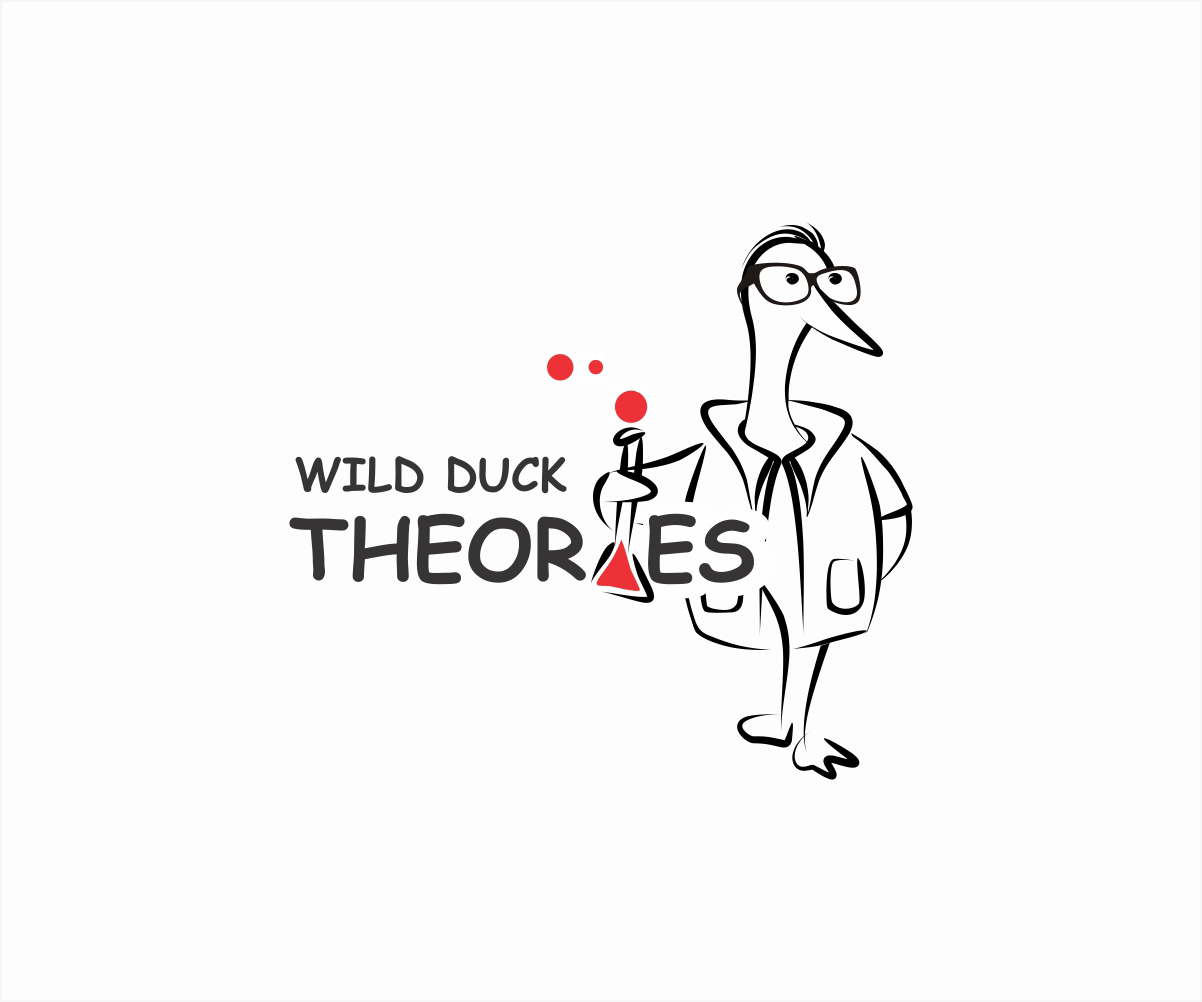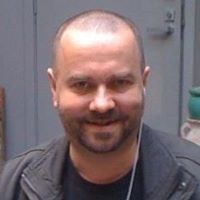welcome to technically quacking
"wild duck theories" is the name of a company I established after I resigned from IBM in Februrary 2014 after a career spanning 24 years; this blog "technically quacking" gives voice to my inner "wild duck".
The name, "wild duck theories", was inspired in part by a colleague's query, in response to news of my resignation, about whether IBM was losing "its last wild duck". The "theories" part of the name signifies the importance of the scientific method as the foundation of a good problem solving technique. "wild duck theories" will earn at least part of its income by exploiting my abilities to apply the scientific method to the solution of tricky customer problems.
My decision to resign from IBM was not the result of being unhappy with IBM. If anything, at the time I resigned I was having very good fun helping to solve a critical situation at an important customer. Rather, the decision to resign was motivated by an invigorating glimpse of a vision of life beyond IBM, a vision I had never had before. With this vision, I realised that by resigning I would be free to decide how I spent my time each day and free to decide to whom I would assign my intellectual property. Once glimpsed, this vision became irresistable, so my resignation became inevitable.
In the future, I intend to find a balance between doing things I enjoy, such as writing software, and things I need to do to earn income. Ideally, the software I write will help drive business towards a consultancy which in turn will help me earn the income I need to support my software development activities - a virtuous circle.
I intend to use this blog to explore topics that are of interest to me and might be of interest to potential clients. In future months, I will likely write about projects I push to github (such as jsh) , technologies such as Docker and logstash, and how such technologies might be applied to enterprise software stacks, such as IBM WebSphere. I also plan to discuss git workflows and techniques I have found useful in the past.

